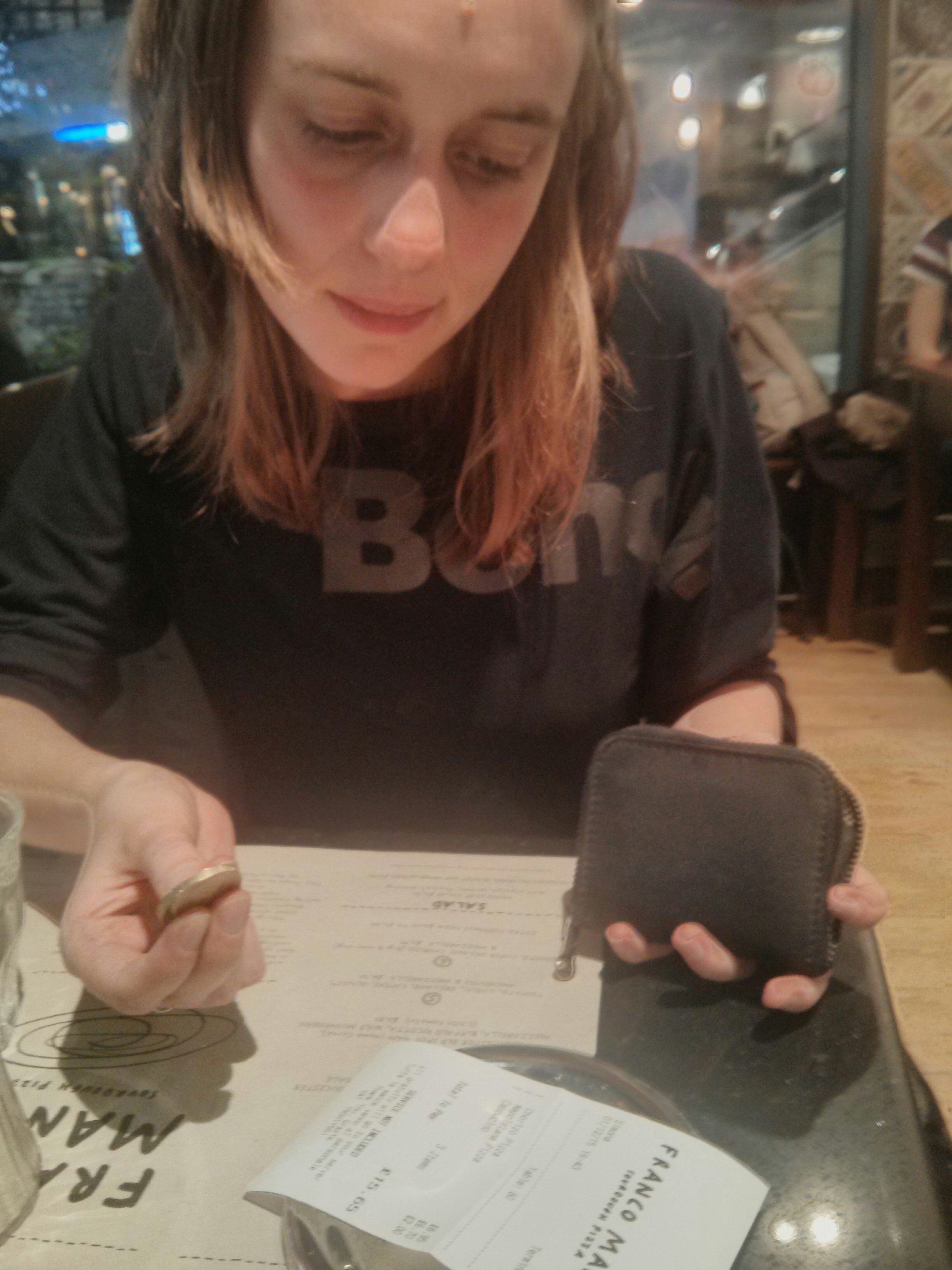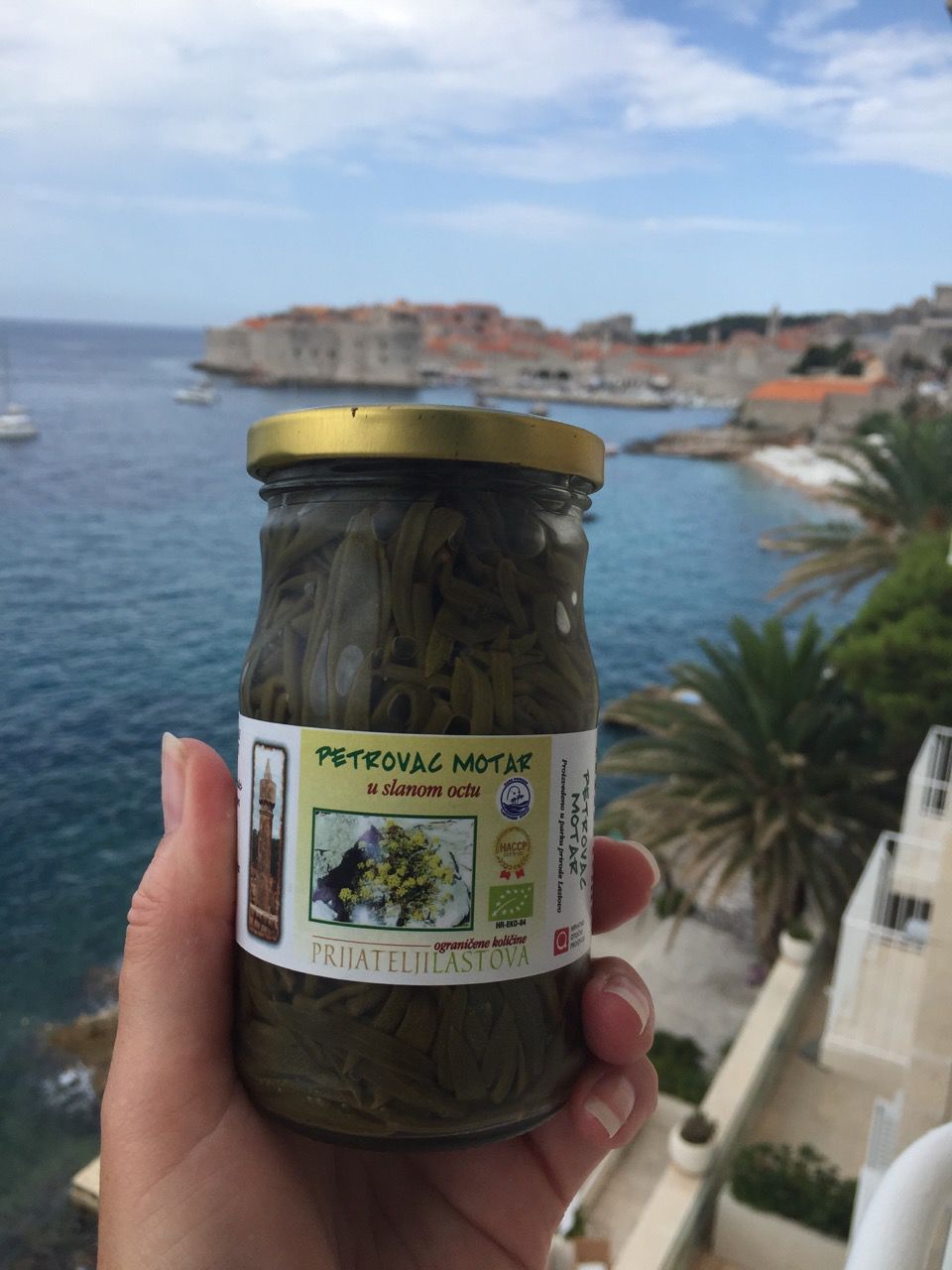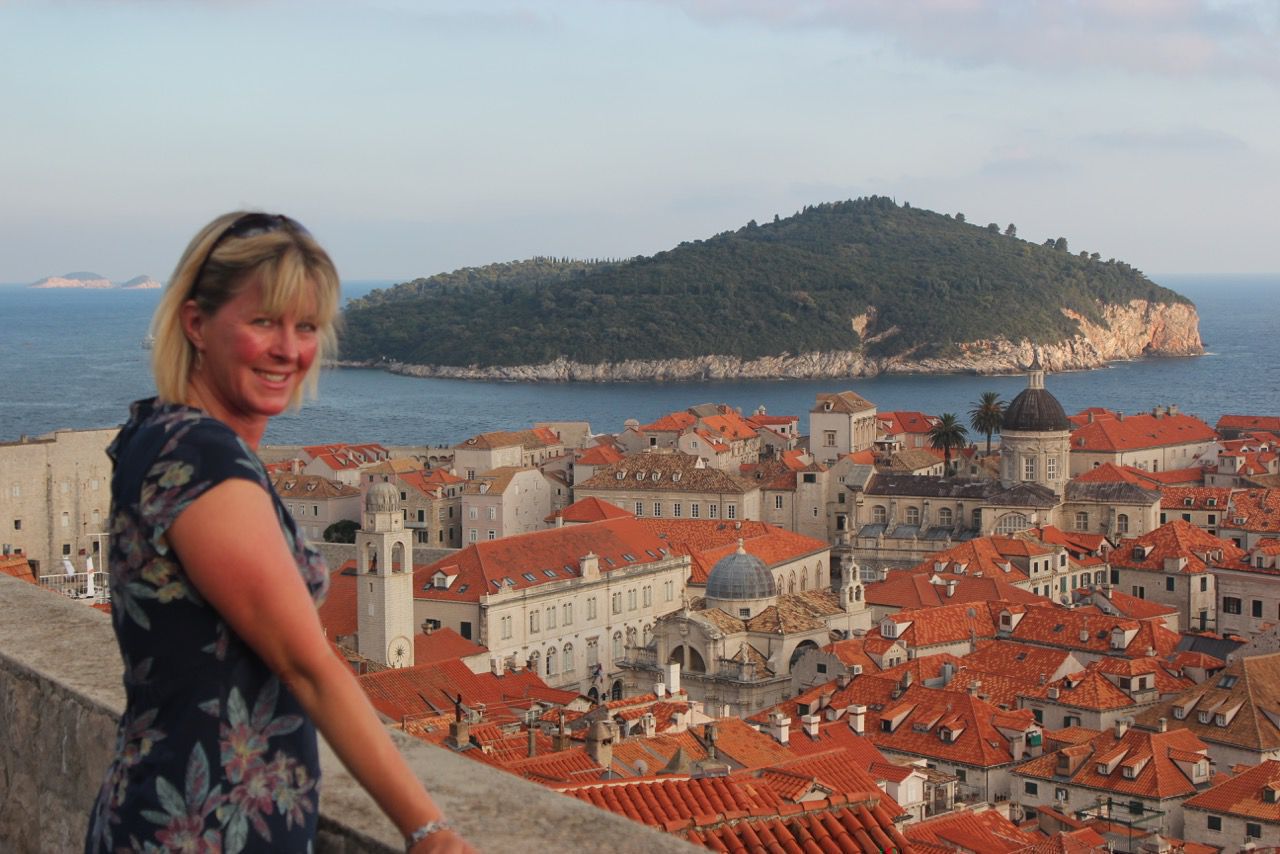To tip or not to tip?
A social dilemma you’re bound to fall into at some point is whether or not to tip – and how much! Tip too little and you risk the waiter chasing you down the street shouting abuse; tip too much and you might gravely offend the staff. Tipping customs vary all over the world, between different countries and regions (not to mention situations), so do your research before you travel!
How much should you tip?
In the USA, tipping is mandatory and fairly high, with 15-20% being expected. Service wages are fairly low, meaning people factor tips into their pay, and waiters will ask you where their tip is if you haven’t left one.
In the UK, tipping is more relaxed and is never really expected in a pub or cafe, or anywhere with self-service. In restaurants, 10% is usually expected, but if you feel the service was poor then you can express this by not leaving a tip.
Move into Romania, however, where 10% is also recommended (more if you’re really happy with the service), and not leaving a tip would be considered very rude: do not try to return to a restaurant where you didn’t leave a tip.
Drinking tips
In lots of countries in Europe, the traditional attitude towards tipping can be seen in the language: German ‘Trinkgeld’, Swedish ‘dricks’ and Danish ‘drikkepenge’ all mean ‘money for drinking’, as does the Slovak ‘prepitné’, French ‘pourboire’, Slovenian ‘napitnina’, Serbian ‘напојница’ and Croatian ‘napojnica’. The idea behind this is that you just round the bill up or leave a few coins, as a contribution towards a drink for the waiter.
Further East, the direct translation is even more specific: in Russia, you leave money ‘for tea’ (‘чаевые’). The same is true of Kazakh‘s ‘шайлық’ (шай- shai- tea’), Uzbek‘s ‘чойчақа’ and Tajiki‘s ‘чойпулӣ’).
Beware, however, that tipping practices have changed significantly and just a few coins often won’t cut it any more in these countries: be prepared for at least a 10% tip, as a broad guideline.
When not to tip
So far, the problem has only been how much to tip, and if you’ve accidentally tipped too much in America or Europe, it won’t cause any massive problems. But in some areas the attitude towards tipping changes drastically.
In Malaysia, Singapore and Japan tipping is not practised at all and could be considered odd or even offensive.
In Georgia, it can be seen as an affront to the notion of hospitality. Beware as well that a tip can easily be misconstrued as a bribe, which you definitely don’t want to get in trouble for, so make sure you look up before travelling whether tipping is normal practice in the country you’re visiting!
Have you ever been caught out by tipping etiquette?
Nat
The uTalk language challenge – how did you do?
The uTalk language challenge for January comes to an end on Saturday, and we’ve loved hearing about everyone’s progress! Check back here next week to see how we all got on here in the office (trust me, you won’t want to miss that), but in the meantime, we asked a few of our most enthusiastic competitors to tell us how they got on.
Has anyone else taken part in the uTalk challenge? Did you enjoy it, and most importantly will you be continuing with your new language? We’d love to hear from you, so please share in the comments 🙂 And if you missed it this month, it’s never too late to start – uTalk is available from the App Store, and you can start learning your first essential words completely free.
Don’t miss our February photo challenge, which kicks off on Sunday!
Now over to our uTalkers 🙂
Ingrid, learning Serbian
I’ve really enjoyed doing the challenge. Serbian is a language I’ve wanted to get to grips with for a long time for quite a bizarre reason (it involves a love of the Eurovision Song Contest!) but I haven’t really known where to start.
The app’s been great, although I’d recommend using it on an iPad rather than an iPhone if you can. Oh, and the range of languages available is amazing!
It’s been slow-going – well it’s a tricky language! – I tried to do some in my lunch-break and on my commute but it was generally too noisy to concentrate. I have a trip to Belgrade planned for early April and it would be so nice to communicate on even the most basic level in their own language, so I’ll definitely be keeping it up.
Patricia, learning Icelandic
My name’s Patricia and I’m from Montreal, Canada. I’m the happy owner of a wonderful Icelandic horse, Léttfeti. I’ve been riding Icelandic horses for four years and I’ve been to Iceland. And I absolutely love Björk 🙂 I took up the uTalk challenge so I could begin to learn more about the Icelandic Horse breed, about Icelandic riding and about Iceland in general. I hope to go back there soon.
The uTalk app is a whole lot of fun, filled with useful words and phrases. I particularly enjoyed repeating the words and phrases after the native speakers and then hearing my own voice. What a great tool to gain confidence and improve pronunciation! I also really liked the Iceland module, which contained many words and phrases pertaining to things that are specific to Iceland.
The app is very visually pleasing. It works offline, which is great for learning on planes, subways and other areas without internet. This app can also be used as an offline dictionary, which I find particularly useful. Thank you for this opportunity and I’m looking forward to the next Challenge!
@EuroTalk I’m getting the hang of it! The Icelandic pronunciation is so much fun! #NewYearNewuTalk pic.twitter.com/znHaX1hNy6
— Patricia Ochman (@speedbird_o) January 20, 2015
Alex, learning Romanian
I found it really fun learning some basic Romanian, especially because I’ve been able to greet Ioana each day saying ‘Buna Ziua’, and trying out a few random words on her. I found the speaking and recall games the most useful as you can check you actually know the words, rather than passively recognising them. The memory game, on the other hand, is the bane of my life as I always manage to forget where one thing is and miss the full score. Overall, I’ve found uTalk really fun and easy to use at the gym while I’m on the bikes or during my lunchbreak.
Jacqui, learning Croatian
I first discovered EuroTalk when my children were involved in the Junior Language Challenge in 2010, and, as a language graduate, was very impressed with how easy it was to master the basics. Since then, I have never quite prioritised the time to learn a new language myself, so when I heard about this month’s challenge for adults, it was just a matter of picking which one to try.
Why Croatian? It’s a country I quite fancy visiting, and as I’ve never attempted a Slavic language before, it seemed like a worthy contender for the challenge. Come 1st January, it soon became clear to me that Slavic languages do not have much immediately in common with either Romance or Germanic ones, and it often felt more like a string of tongue-twisters with some different accented letters to add into the mix for good measure. Daunting, yes, but I wasn’t going to let it beat me. I discovered that standing in the middle of the room and declaiming the words in theatrical fashion was quite effective!
After a month, I’ve made great progress. I haven’t earned maximum points (I’m on just over 4000), but I have managed to learn a lot more than I thought I would, even waking up some mornings with various phrases springing to mind! This achievement wouldn’t have been possible without something like the uTalk app. The approach of listening and repeating with a few simple games just works at this level of language acquisition.
The good news for me is that I’ve now booked a short break to Croatia in the summer – make mine a ‘čaša šampanjca, molim vas’.
Katherine, learning Czech
I chose to learn Czech as it was a completely new language to me, and I will be visiting there later in the year, so it will be fun to try out a few phrases!
I have found the app quite addictive – as soon as I’ve got a good score in one topic I want to get started on another one! The games really help you to learn quickly, and although I can’t pretend to remember every word, it will be easy to brush it up again later. So, a great challenge, and good fun!
Goal! around the world [Infographic]
Sometimes one word is all you need… With the World Cup getting underway today, here’s how each national team says that all-important word, ‘goal’.
You can find this and lots more in our language learning app, uTalk – available to download and start learning right now from the App Store. So whether you’re watching the football at home or away, you’ll always be prepared.
(There are lots of non-football related words in there too, for those of us with other interests!)
Please do share the infographic with friends and tell us how you’ll be shouting ‘Goal!’ this World Cup 🙂
Embed This Image On Your Site (copy code below):
10 sport stars who speak other languages
 It can often feel like life is all about sport, whether we like it or not. But have you ever wondered how good sports stars are at languages?
It can often feel like life is all about sport, whether we like it or not. But have you ever wondered how good sports stars are at languages?
It turns out, pretty good. Like anyone who has to travel a lot for their work, athletes often find knowing only their native language isn’t enough. Here are 10 great examples of sports stars who speak more than one language.
Gary Lineker
Besides English, the former footballer learnt Spanish while he was playing for Barcelona, and picked up some Japanese when he later moved to Nagoya Grampus Eight. He’s now a passionate ambassador for languages in schools, saying in an interview with TES last year, ‘the learning of languages, for me, will always be helpful for the vast majority at some stage in their life’.
Roger Federer
Not content with winning a frankly quite ridiculous 17 Grand Slam titles, the Swiss tennis player also speaks four languages fluently – his native Swiss German along with French, English and German. He’s known for his ability to switch effortlessly between languages in interviews and press conferences and can quite comfortably answer journalists’ questions in their own language, a feat some of his fellow tennis players can’t keep up with. Wouldn’t be the first time.
Tom Daley
The British diver recently got an A in his Spanish A-level (congrats, Tom!), and makes good use of his language skills when in Mexico, where he spends a lot of his time. Here’s a video of him showing off his Spanish.
Jonny Wilkinson
Here in England, Jonny Wilkinson is known (at least by me) as that guy who’s pretty good at drop goals. But he’s also a bit of a superstar in France, where he’s been playing for Toulon since 2009. He’s now fluent in French and was awarded honorary citizenship of Toulon earlier this week – giving his acceptance speech in the local language, of course.
Fernando Alonso
The Spanish Formula One racing driver speaks an impressive four languages – Spanish, Italian, English and French. And in case that’s not enough, he’s apparently working on Russian too.
Arsene Wenger
The Arsenal manager is well known for his interest in languages, speaking French, English, German, Spanish, Italian and Japanese. Like Gary Lineker, Wenger’s also known as an ambassador for languages, and last year he was voted Britain’s first Public Language Champion by readers of The Guardian. In this video he explains why languages are so important.
Novak Djokovic
Never one to let Roger take all the glory, fellow tennis champion Novak Djokovic speaks five languages – Serbian, English, German, Italian and French. He studied English and German at primary school, and learned Italian when he worked with coach Riccardo Piati. In an interview with Tennis Talk in 2013, he said, ‘We have a saying in our country: The more languages you know, the more is your worth as a person. I like to understand what people are saying wherever I am, at least to pick up a few phrases of those languages.’
Paula Radcliffe
Long-distance runner Paula Radcliffe has a first-class degree from Loughborough University in European Studies, and speaks French and German fluently. She now lives in Monaco with her husband and two children, who are both bilingual, attending a French school but also fluent in English.
Cesc Fabregas
Another Barcelona footballer, Fabregas speaks four languages – Spanish, Catalan, English and French, and his Twitter feed is multilingual. When asked about his language skills in 2005, he replied, ‘These days you have to keep studying, not least because my mum tells me so.’ Words to live by.
Daniela Hantuchova
And finally, another tennis player, because tennis is my favourite. Daniela Hantuchova, from Slovakia, is by all accounts a very talented lady. Besides her tennis career, she’s also a trained classical pianist, and speaks – wait for it – six languages: Slovak, Czech, English and German fluently, and some Croatian and Italian.
Does anyone else feel like a bit of an underachiever now, or is it just me?
If you know any other examples of sports stars who speak other languages, please tell us about them in the comments.




